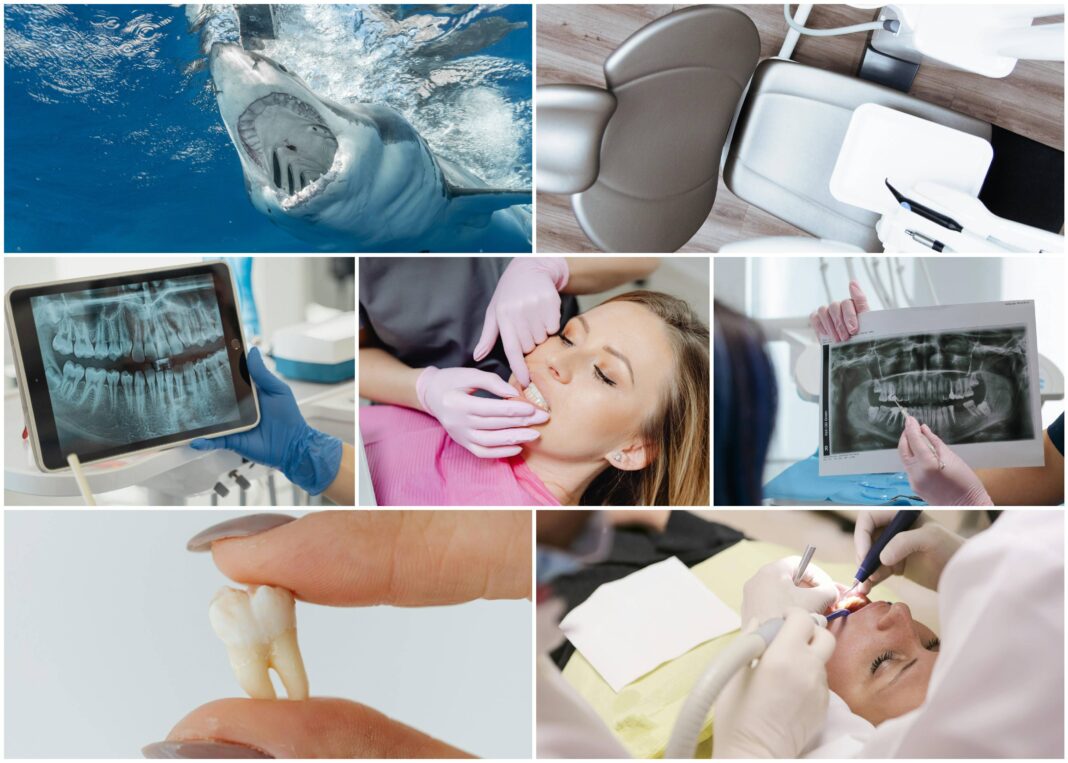Can you imagine a world where lost teeth simply… grow back? It seems this dream is no longer confined to science fiction. The latest scientific breakthroughs show that we are approaching a time when dental offices might not only offer fillings or implants but also regenerate teeth! So what do we know today, when will it become routine, and why should we still care for our smiles now?
Why Are Teeth So Important?
Before diving into futuristic visions, let’s remember: healthy teeth aren’t just about looks. They play a vital role in our overall health. Chewing aids proper digestion, teeth support clear speech, and oral infections can lead to serious health issues such as heart disease or diabetes. That’s why oral hygiene isn’t a luxury—it’s a necessity. Brushing, flossing, and regular dental check-ups are an investment in health.
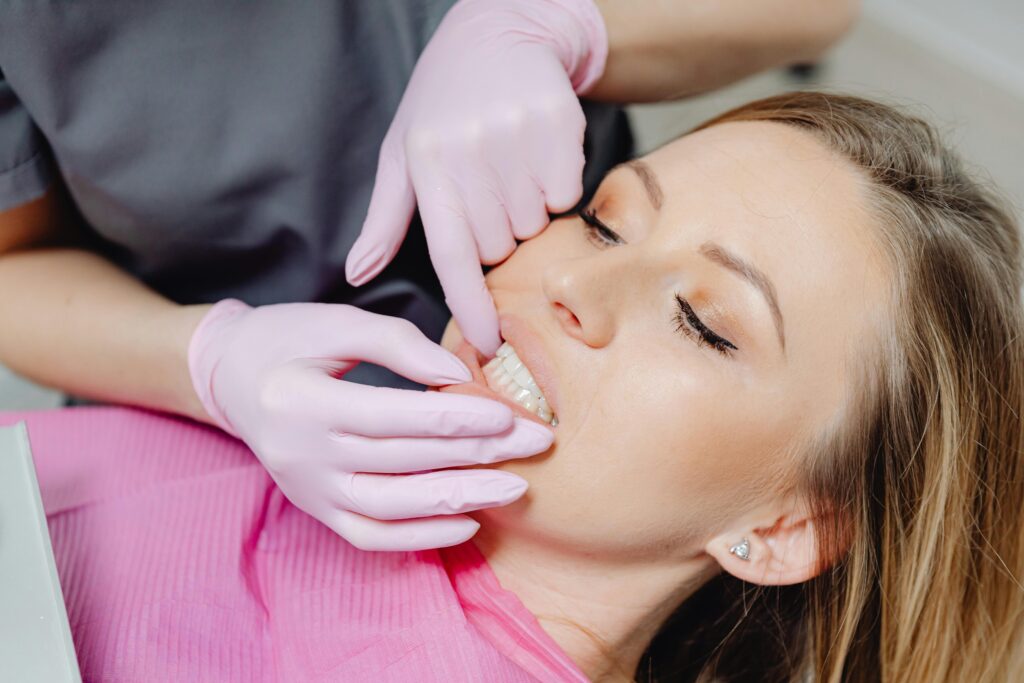
Still, despite all efforts, people sometimes lose teeth due to trauma, illness, or genetic conditions. That’s where the question arises: is natural tooth regrowth possible?
First Steps: The Search for Tooth Regeneration
Nature amazes us—sharks and reptiles can regrow teeth throughout their lives. Humans, however, only get two sets: baby teeth and permanent ones. But scientists have shown we also possess “sleeping” genes that could, in theory, be reactivated.
A Japanese team led by Dr. Katsu Takahashi made a breakthrough. They developed a drug that blocks a protein called USAG-1, which normally suppresses extra tooth development. Mice treated with the drug began to grow a third set of teeth. Experiments with ferrets confirmed the results.
In September 2024, Japan began the first human clinical trials. The first patients are children with congenital anodontia—a condition where teeth never form. If successful, this drug could mark the beginning of natural tooth regeneration for everyone.
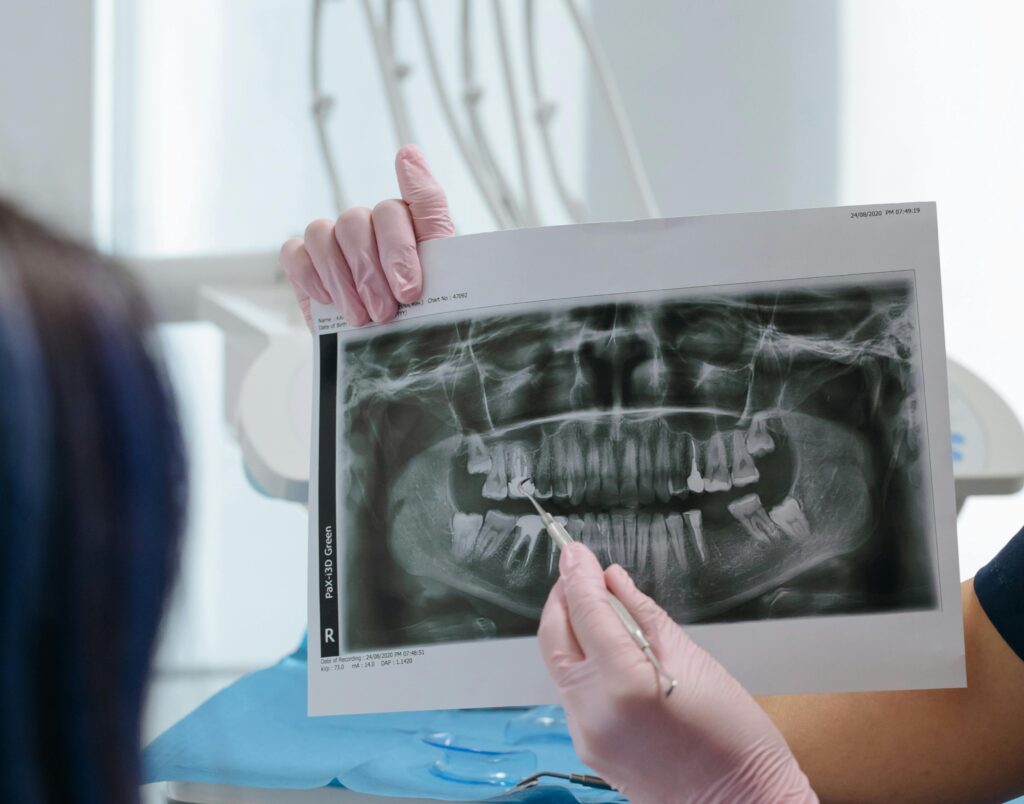
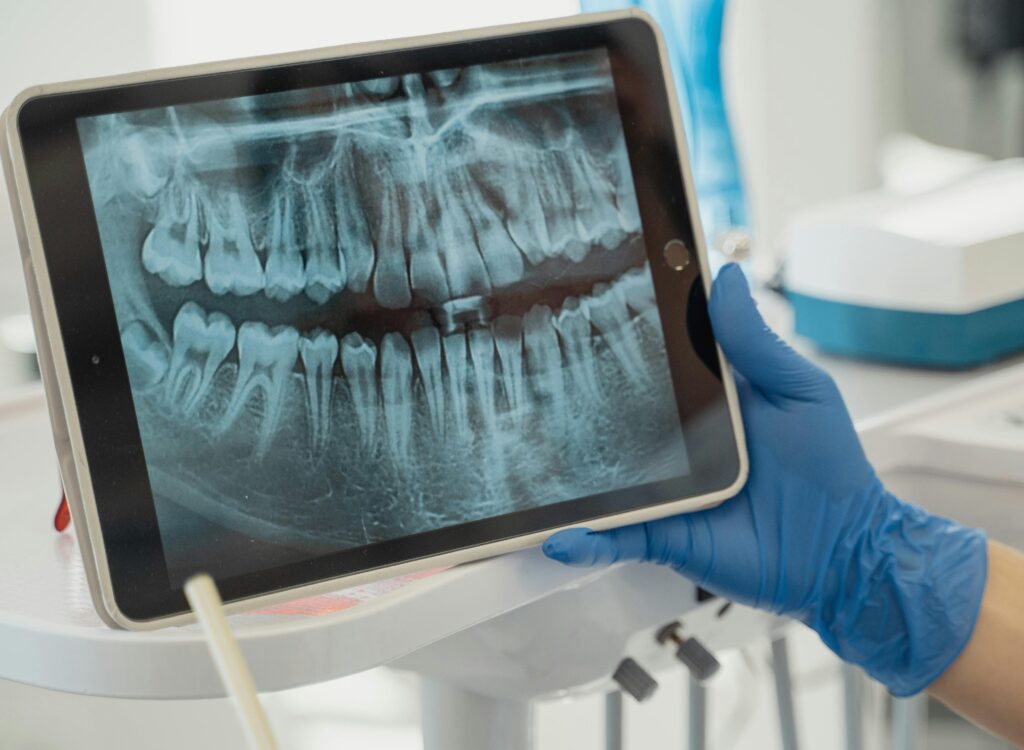
Stem Cells: Another Hope
Beyond medication, researchers are exploring the use of stem cells for dental regeneration. Stem cells taken from dental pulp can potentially become dentin, enamel, or even nerve tissue.
Lab studies suggest we could one day grow new teeth from a person’s own cells. However, practical application is still far off—more clinical trials and long-term observations are needed.
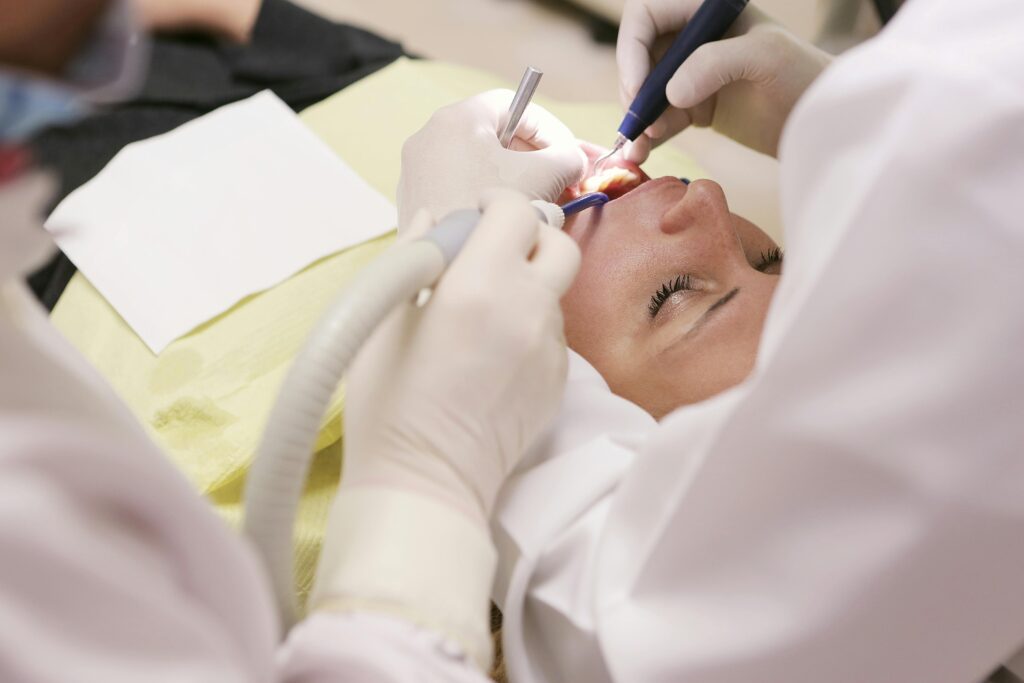
When Will We Enjoy Regrown Teeth?
If the Japanese trials succeed, the first tooth-regrowth drugs could hit the market around 2030, according to the most optimistic forecasts. Initially, these treatments will likely target specific patient groups with genetic conditions, but later may become widely available.
It’s important to understand that new technologies face many challenges before becoming mainstream: safety, efficacy, and long-term effects must be evaluated. And initially, such treatments tend to be expensive.
Why It’s Still Worth Caring for Your Current Teeth
While we await breakthroughs in regenerative dentistry, it’s crucial to remember—healthy teeth remain the best investment. Oral infections are linked to increased risks of heart disease, diabetes, and respiratory issues.
So keep brushing, flossing, and seeing your dentist. And the good news is—if you ever lose a tooth in the future, it might just grow back!
A Message of Hope
The possibility of tooth regrowth is one of the most exciting developments in regenerative medicine. It inspires not only dentists but everyone who dreams of a natural, healthy smile for life.
Until then, don’t forget your toothbrush, your floss, and your regular dental visits!
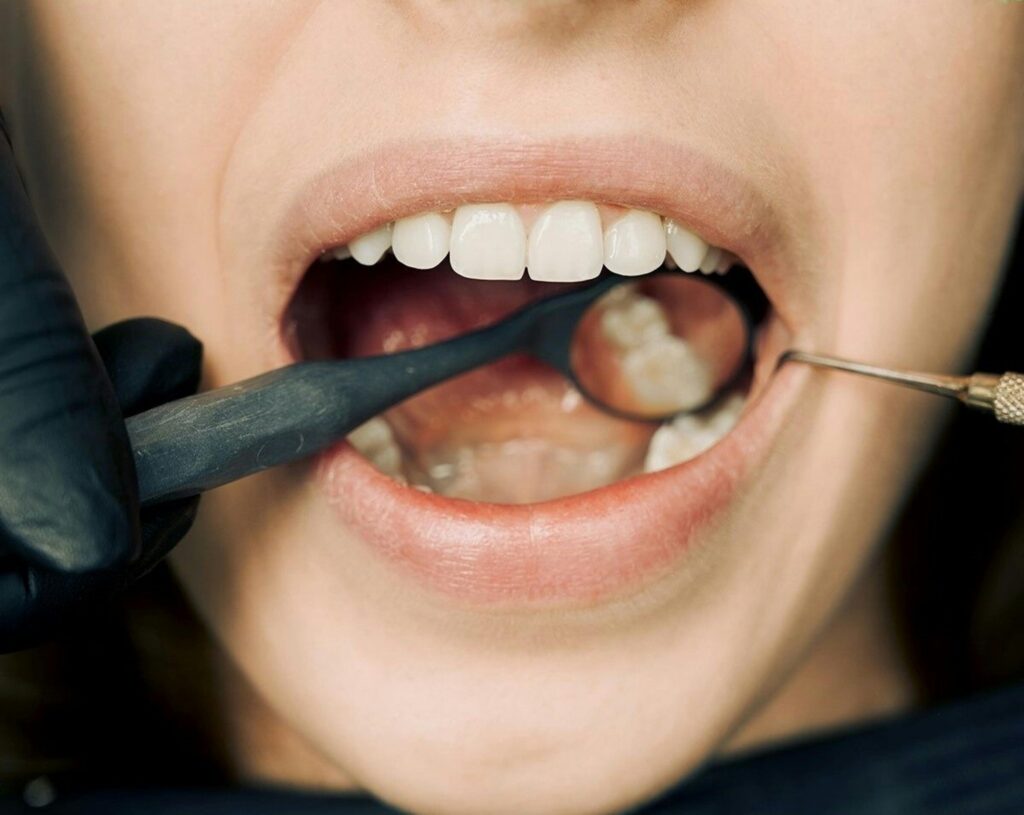
Sources:
- Popular Mechanics: Japan Begins First Human Trials for Tooth Regrowth
- France 24: Japanese researchers test pioneering drug to regrow teeth
- PMC: Stem cells from dental pulp: A review


